Understanding community transmission of COVID-19 in Vietnam
This is a collaboration between the Woolcock Institute of Medical Research and public health and academic institutions in Vietnam to provide the information needed for the Vietnamese government to make an informed evidence-based response to the COVID-19 pandemic. Specifically, the research project’s objectives are:
- To investigate the extent of transmission of COVID-19 in the community, both in close and casual contacts,
- To explore community attitudes to the COVID-19 restrictions, including the role of the private sector in supporting the public health response,
- To quantify the impact of the disease upon other infectious disease epidemics, such as tuberculosis,
- To prepare for the scale-up of effective interventions, including vaccination and drug treatments for COVID-19,
- To develop interventions to reduce risk of exposure to COVID-19
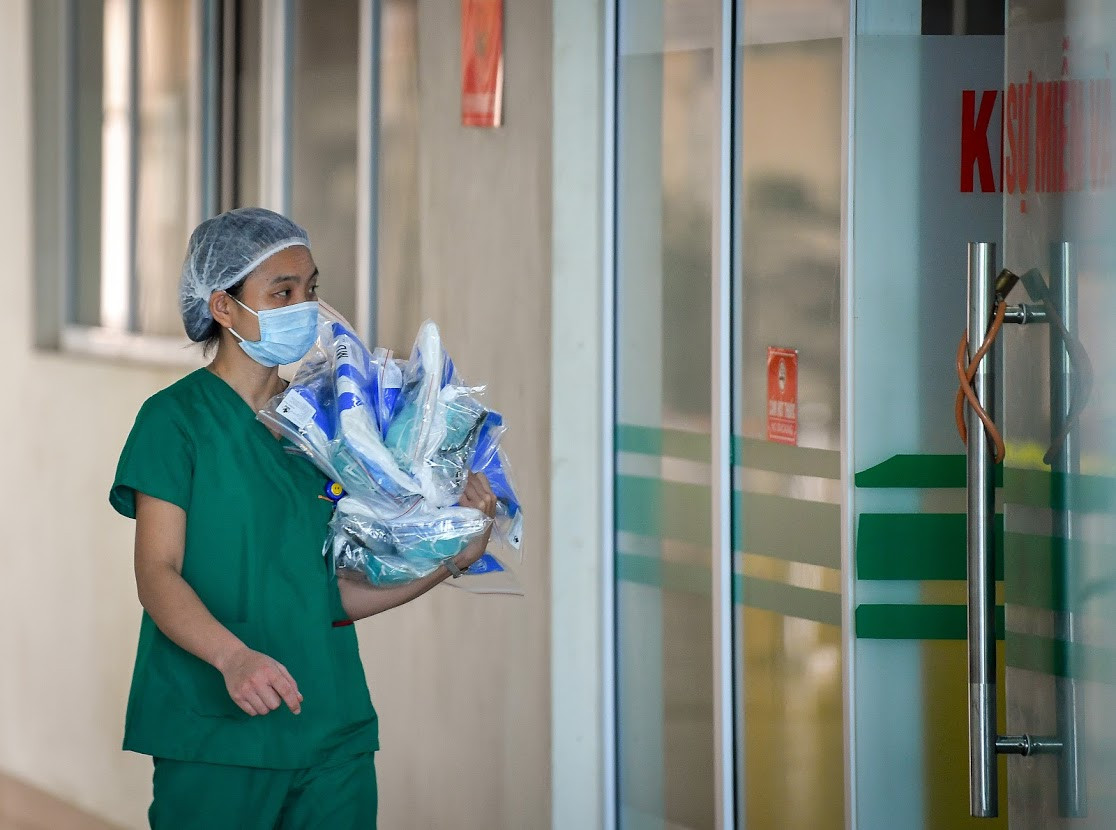
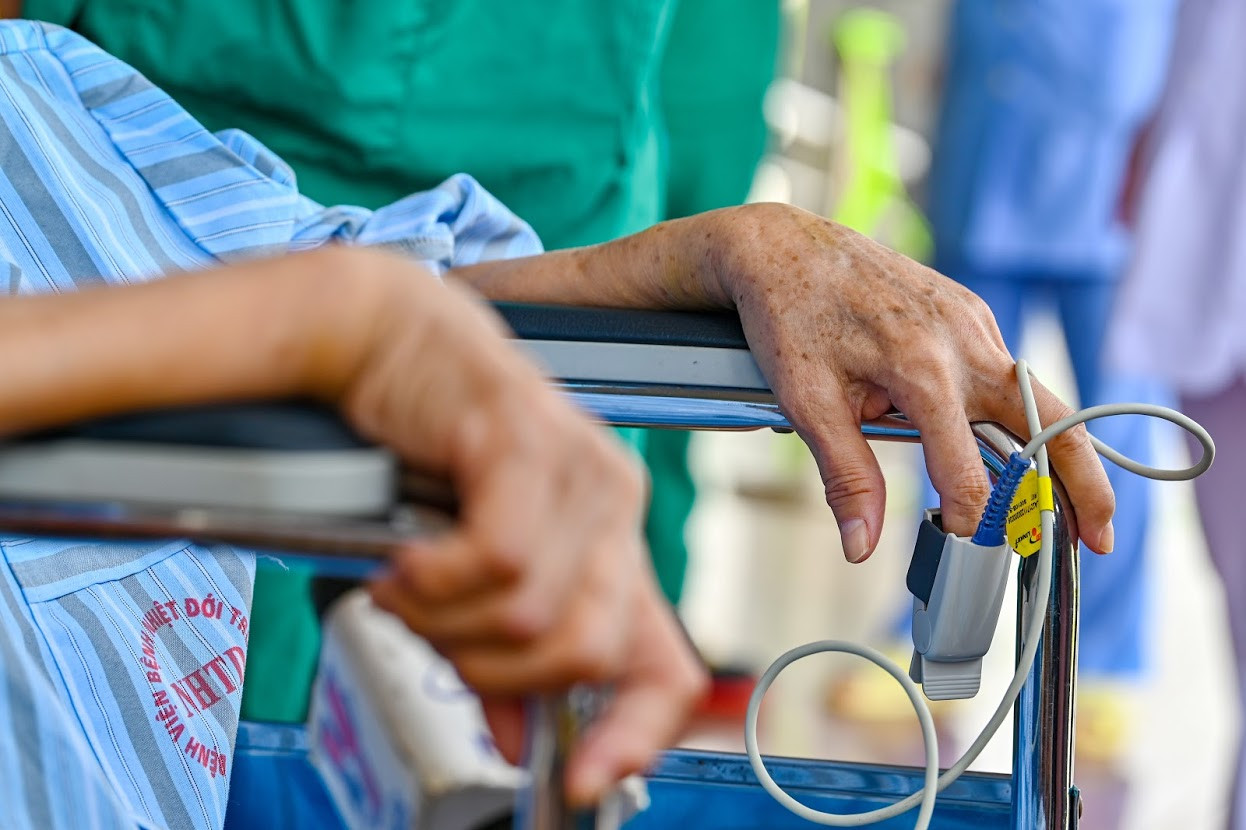
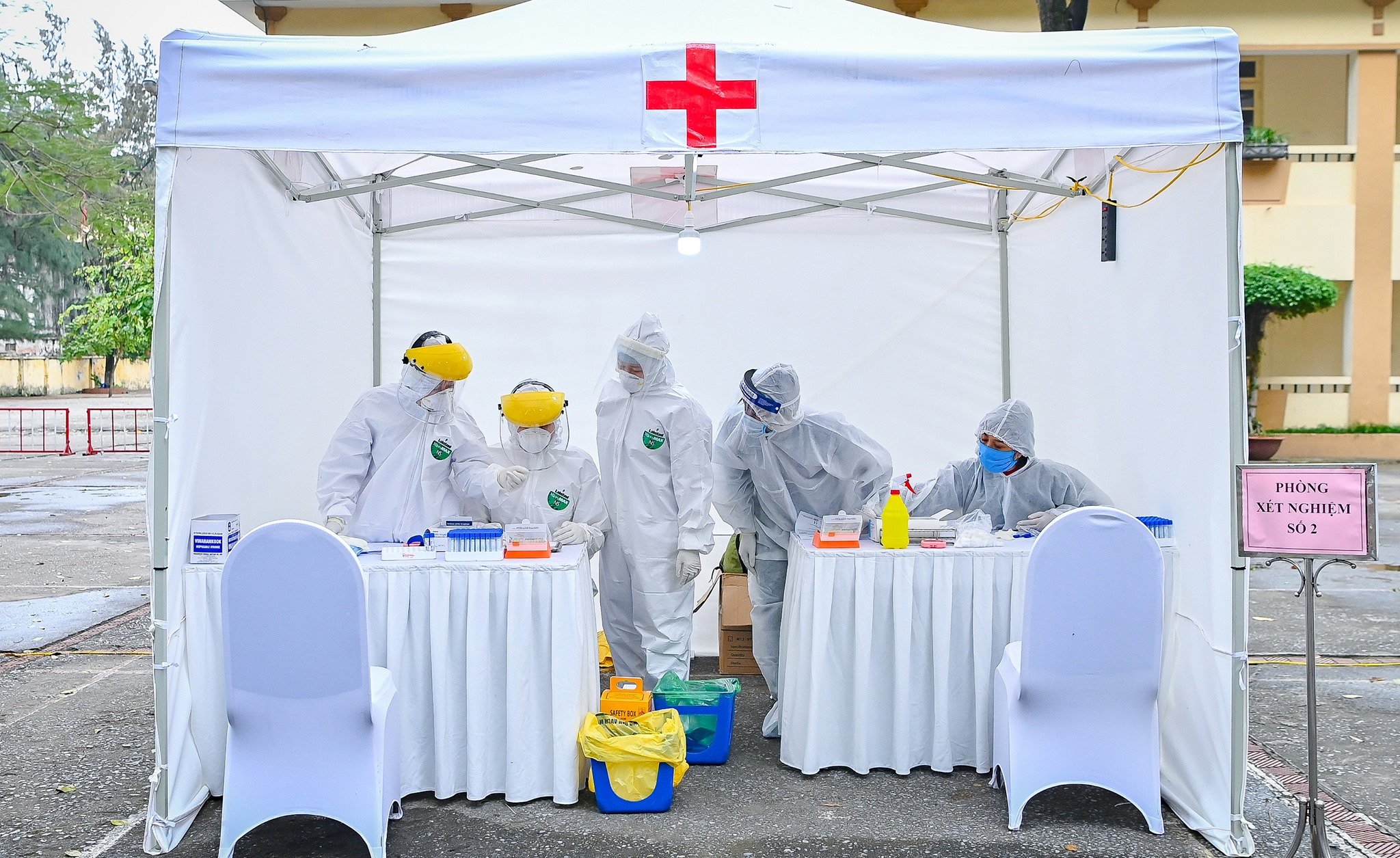
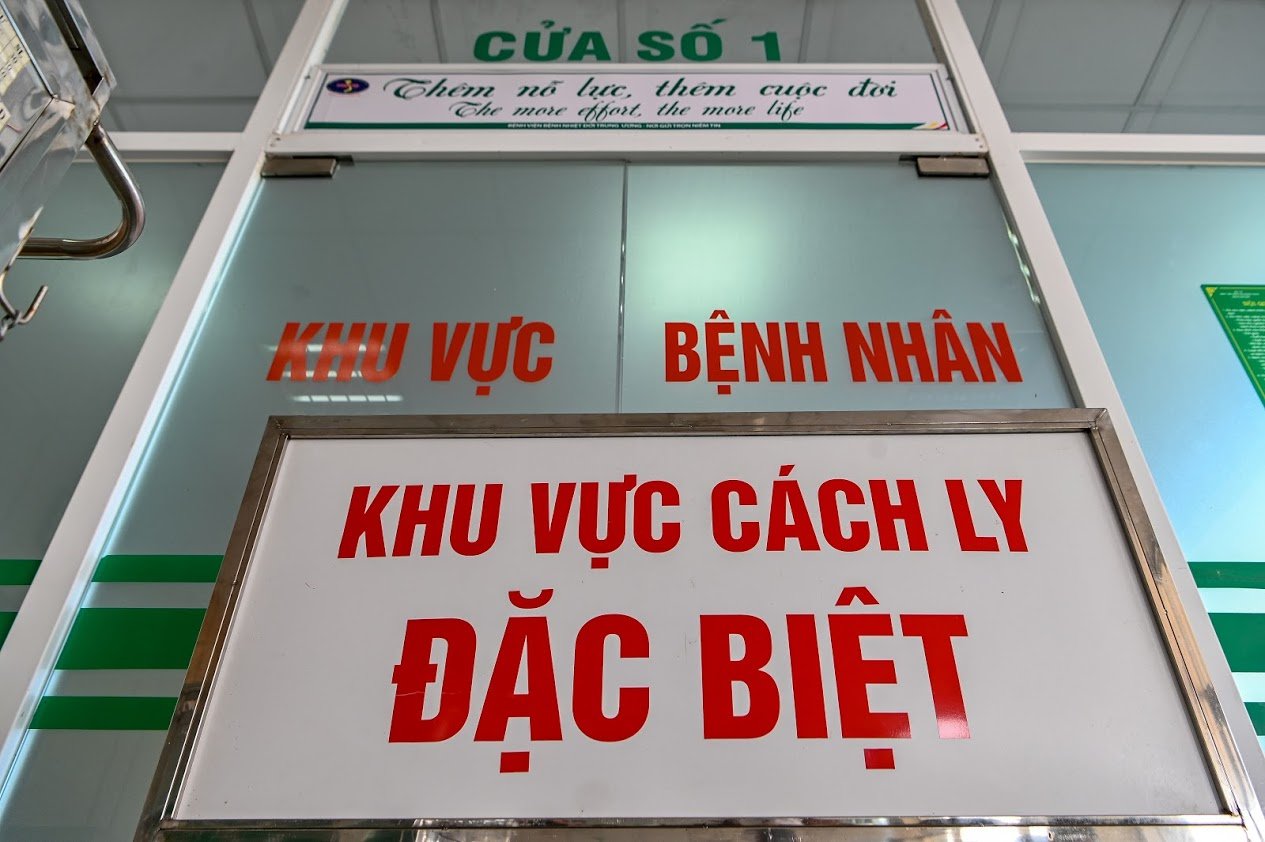
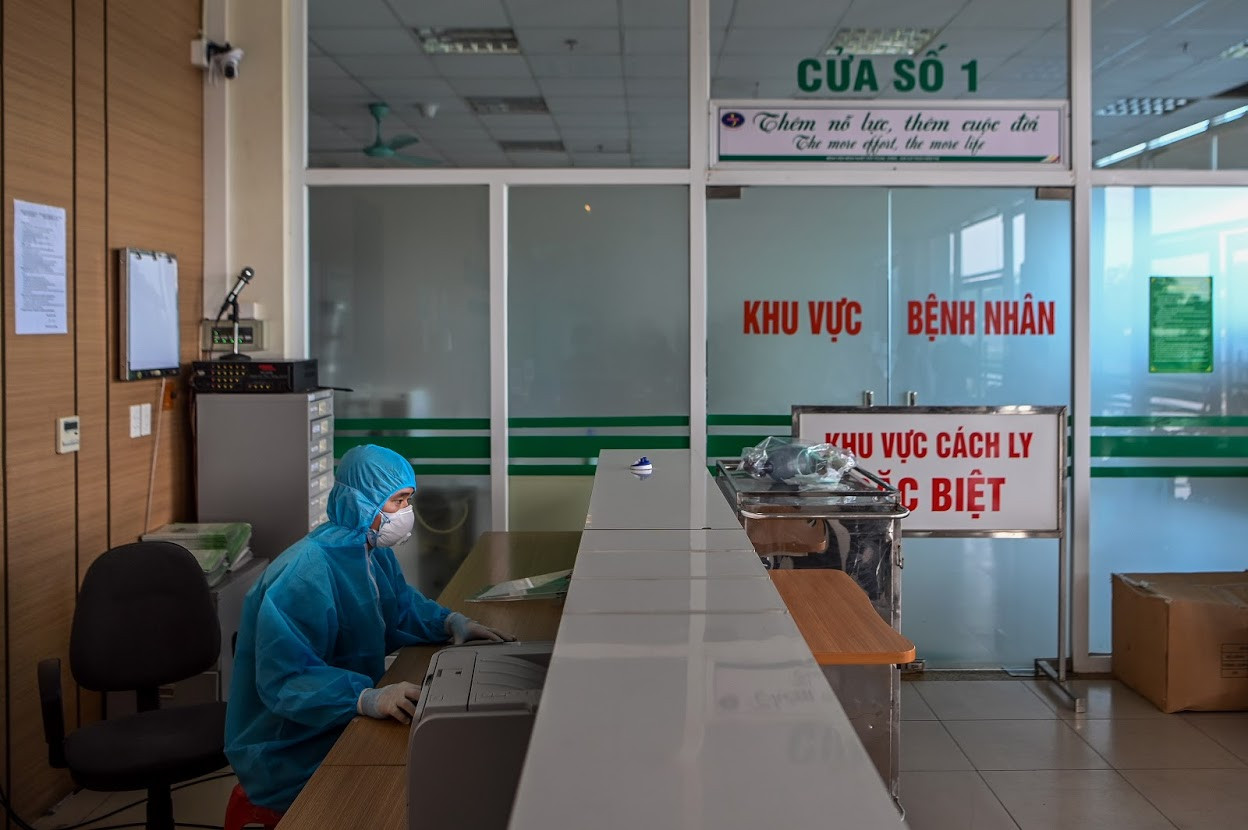
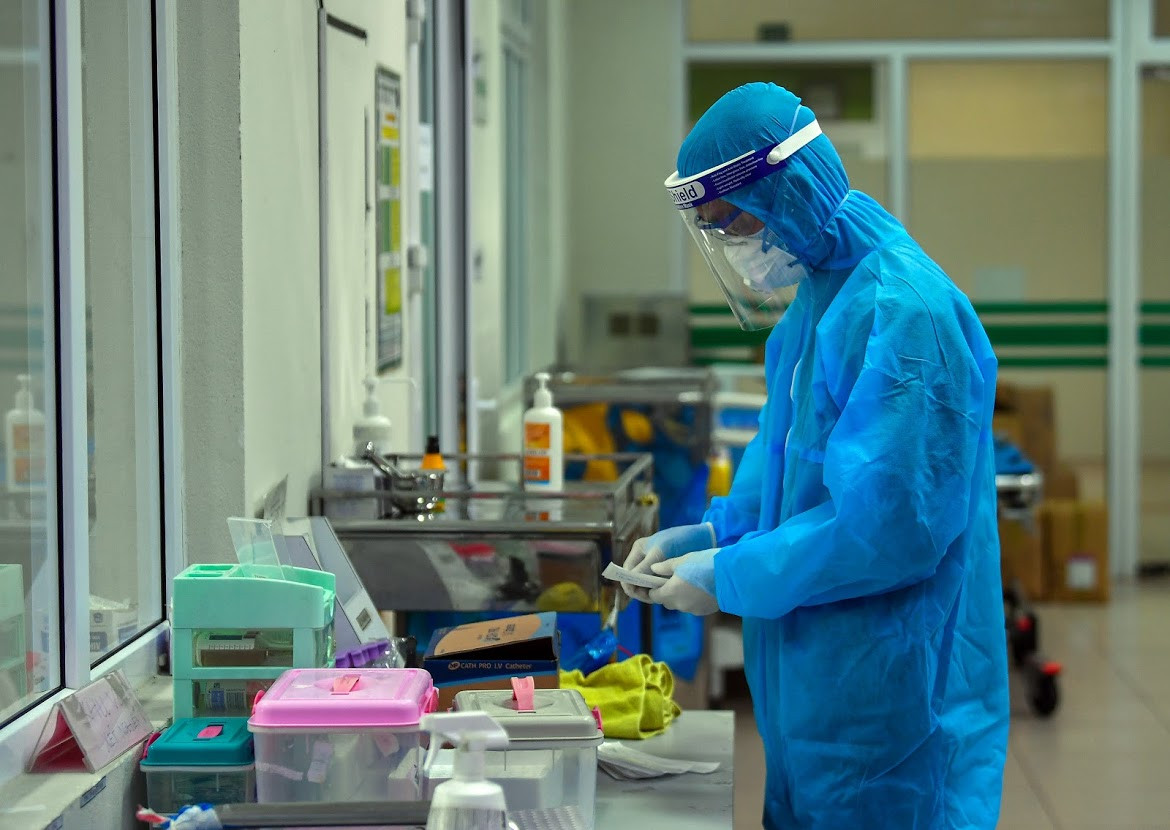
This project is funded by the Department of Foreign Affairs and Trade (DFAT).
V-COVID 1: SEROLOGICAL EVALUATION OF THE COMMUNITY SPREAD OF SARS-COV-2
PRIMARY OBJECTIVES: To ascertain unbiased estimates of the key parameters informing predictive models for COVID-19 and, hence, (1) to enable evidence-based policy decisions on testing, isolation, quarantine and social distancing interventions, (2) to predict the subsequent course of the epidemic, and (3) to understand the extent of transmission within high-risk populations.
V-COVID 2: STRATEGIES FOR HEALTH SYSTEM PREPAREDNESS TO SCALE UP VACCINES FOR COVID-19 IN VIETNAM
PRIMARY OBJECTIVE: To develop a framework of analysis and a model of scenarios that acknowledges some of the key challenges and decision points related to vaccine development and rollout.
V-COVID 3: CHARACTERISING THE ATTITUDES TOWARDS COVID-19 IN THE COMMUNITY
PRIMARY OBJECTIVES:
To explore the current and future role of the pharmacy sector at a community level in responding to COVID-19 in Vietnam.
To explore community experiences and engagement with the public health response and communication around COVID-19 (including experiences of stigma).
V-COVID 4: THE IMPACT OF THE COVID-19 PANDEMIC ON THE CARE OF TUBERCULOSIS PATIENTS IN VIETNAM
PRIMARY OBJECTIVE: To quantify the effect the COVID-19 outbreak may have had in the provision and outcomes of TB care in Vietnam, and to provide recommendations on strategies to mitigate and support patients who are being treated for TB during this pandemic and in the future.
V-COVID 5: UNDERSTAND THE EFFECT OF COVID-19 UPON DRUG-RESISTANT TUBERCULOSIS
PRIMARY OBJECTIVE: To estimate the effect of COVID-19 upon reactivation of drug-resistant latent tuberculosis infection.
V-COVID 6: RADIOLOGICAL AND CLINICAL CHARACTERISTICS OF PATIENTS HOSPITALISED WITH LABORATORY-CONFIRMED COVID-19 IN VIETNAM
PRIMARY OBJECTIVE: To characterise chest x-ray abnormalities among hospitalised patients with confirmed SARS-CoV2 infection and compare their clinical and laboratory characteristics.
V-COVID 7: SYMPTOM SCREENING FOR COVID-19 SUSPECT CASES IN COMMUNITY PHARMACIES
PRIMARY OBJECTIVE: To develop a guideline and communication materials to screen for symptoms of COVID-19 infection in customers visiting pharmacies, and to provide a safe and ongoing service to both pharmacy staff and customers.
COVID-19 MODELLING
The Epidemiological Modeling Unit (EMU) at Monash University, led by Assoc. Prof. James Trauer, has been providing COVID-19 predicting results for various Western Pacific countries and the regional WHO office. Our results have been published at prestigious peer-reviewed journals, including Nature Communications, The Lancet Regional Health Western Pacific and Epidemics.
Following such success, after the modeling work conducted for Ho Chi Minh City in December 2021, the Unit continues to expand its work to Hanoi, in order to help understand the underlying factors of this outbreak, predict its outcome.
The models are calibrated by MSc. student Hoang Anh Ngo and Dr. Romain Ragonnet, under the close supervision and assistance of the whole Unit. Thu-Anh Nguyen, M.D Ph.D, Country Director of Woolcock Institute of Medical Research Vietnam, remains the point of contact regarding data surveillance and policy advocacy.

